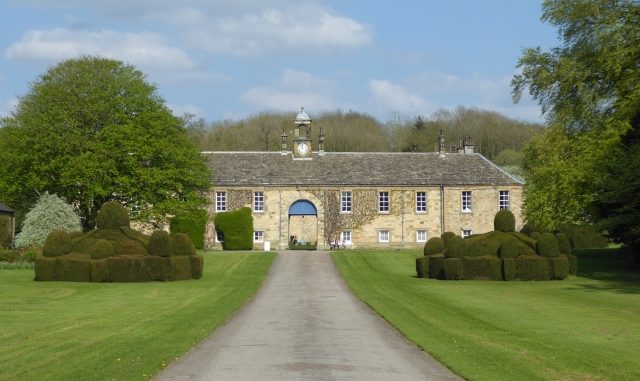
A body charged with conserving and enhancing the natural beauty and cultural heritage of a national park has issued assurances to villagers they won’t face any more development after being accused of double standards.
The North York Moors National Park Authority was responding after some residents of Coxwold expressed outrage at its approval of a housing scheme to help fund the restoration of nearby stately home Newburgh Priory, which is said to be the final resting place of Oliver Cromwell.
To fund repairs to the grade I listed former Augustinian priory, its ancestral owners the Wombwell family had applied to build four “principal residence” homes in an area of nearby Coxwold which residents said would exacerbate flooding issues, ruin views and spoil the village’s character.
Moira Fulton, whose has lived in the village for 38 years, said by approving the stately home owners’ scheme the authority had ignored “all their own planning regulations which are normally very strictly enforced on ordinary people”.
She said: “Giving permission to Newburgh to build despite all planning regulations was another example of the Dominic Cummings syndrome, one rule for one. Obviously planning regulations do not apply when you are a large landowner.”
Coxwold residents said the housing development would set a precedent for further developments in the village as it was passed on the basis that a grade I listed building needed finances for its upkeep and that it would bring about affordable housing.
Chris France, director of planning for the authority, said the decision had reflected its new Local Plan approach to housing in the national park’s villages to allow an appropriate increase in housing provision to help offset the national park’s population loss, which has been a concern for some 20 years.
He said the decision was an exception to normal policies as the aim of the development was to generate funding for Newburgh Priory, which, although just outside the boundary of the national park was part of its cultural heritage.
Mr France added there had only been a small conflict with policy, which would normally have allowed for two rather than four houses on the site, and that it was part of a wider scheme which would deliver three affordable houses, bringing new blood into the community as well as work to tackle flooding.
He said other sites in the village put forward by Newburgh had been ruled out for being in sensitive or prominent locations.
Mr France said rather than setting a precedent, “this was a one-off exceptional approval on what was considered to be a suitable site” to deliver a range of benefits.
He said: “This was considered to be a good decision to bring about clear planning objectives for the good of the community and the continuing upkeep of Newburgh Priory – residents do not need to be concerned about further schemes as no other sites are considered suitable for development in this highly sensitive and attractive village.”


Be the first to comment